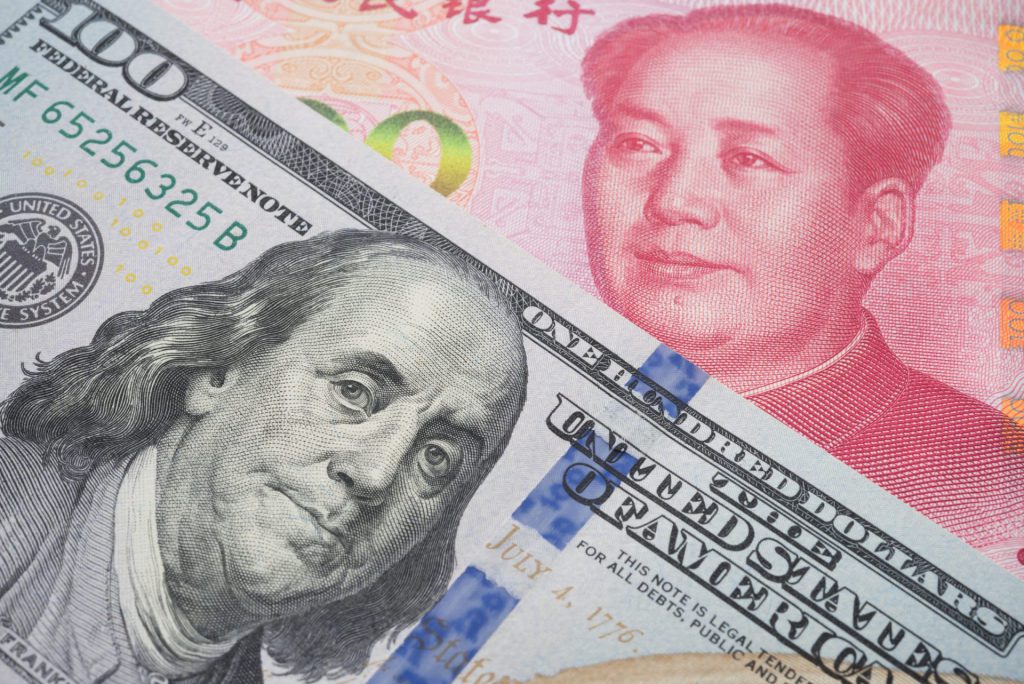De-Dollarization: Will the Chinese Yuan Topple the US Dollar?
China is spreading the de-dollarization agenda around the world and is pitching the Chinese yuan as the replacement currency for the US dollar. The de-dollarization initiative has become intense as the Communist country is on a world tour to spread the Chinese yuan. The Xi Jinping administration is convincing developing nations to cut ties with the US dollar and trade in the Chinese yuan instead.
Also Read: De-Dollarization: 12 Countries Moving Away From the US Dollar
Surprisingly, they have been successful in spreading the de-dollarization initiative to emerging economies. Countries like India, Russia, the UAE, Sri Lanka, Pakistan, the Philippines, Indonesia, Malaysia, Kenya, Nigeria, and other African countries have accepted the Chinese yuan for cross-border transactions sidelining the US dollar.
Also Read: De-dollarization at Record Pace: 15% Decline in Dollar Share of Global Reserves
Can the Chinese Yuan Uproot the US Dollar Through De-Dollarization?

Analysts from leading investment bank Morgan Stanley predict that the Chinese yuan cannot topple the US dollar. James Lord, the bank’s FX strategy head said that the Chinese yuan is not liquid enough to hold during emergencies. China’s economy is yet to be liberalized as foreign institutional investors don’t have easy access to the markets.
Also Read: De-Dollarization in 2024: What Happens If the U.S. Dollar Loses Its Reserve Status?
Therefore, the Chinese yuan might not spread its wings around the world as the currency remains conservative. This puts the US dollar as the only currency to sustain in the financial sector. “It seems unlikely to challenge the US dollar meaningfully anytime soon. To do so, we think China would need to relax control of its currency and open the capital account. It doesn’t seem likely that Beijing will want to do this anytime soon,” Lord said.
The impact of the US dollar remains strong even after the de-dollarization agenda kick-started by the Xi Jinping administration. “China may make some progress in denominating more of its bilateral trade in US dollars, but the impact that that has on global metrics of currency dominance is likely to be incremental,” Lord added.
